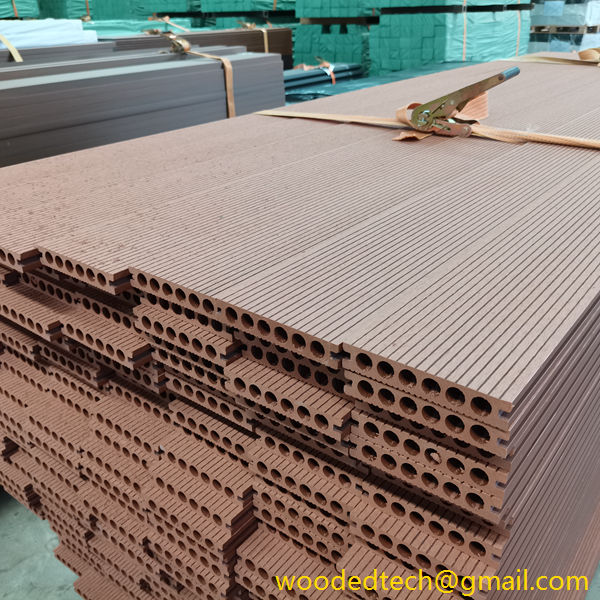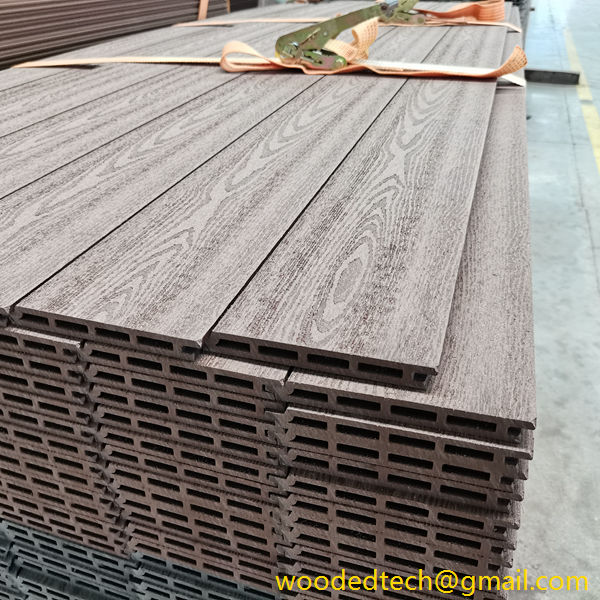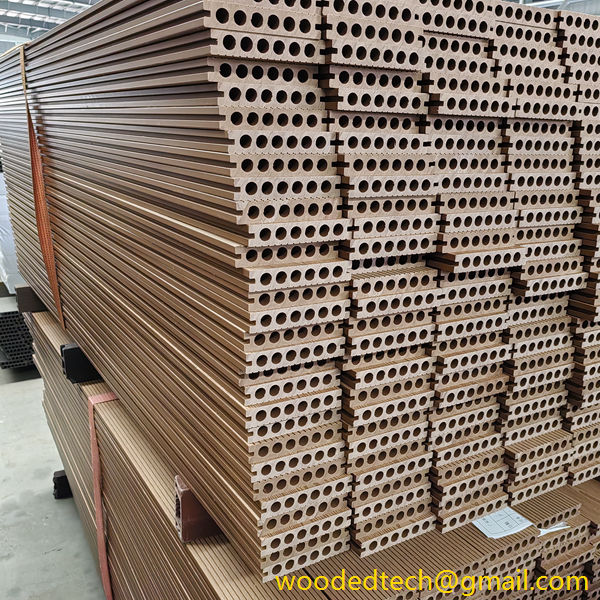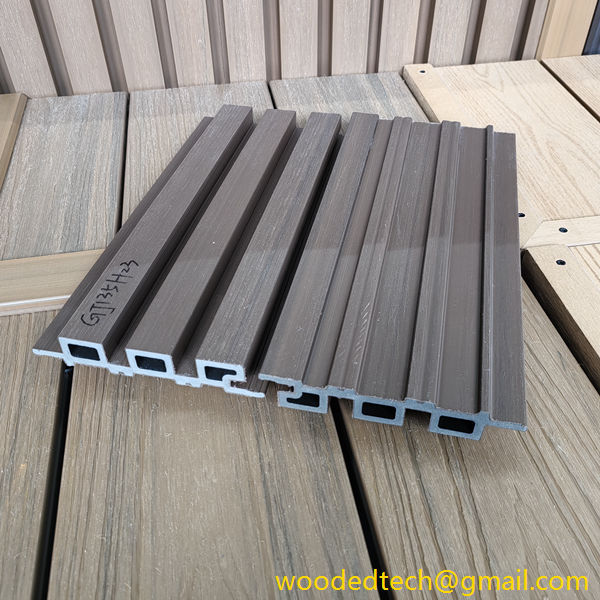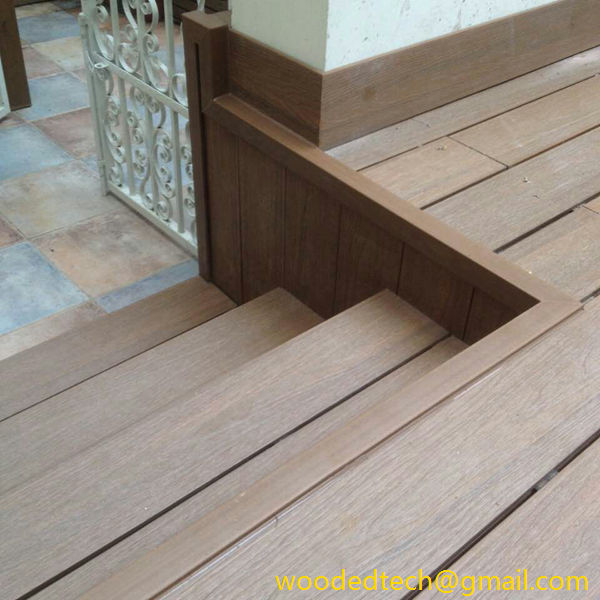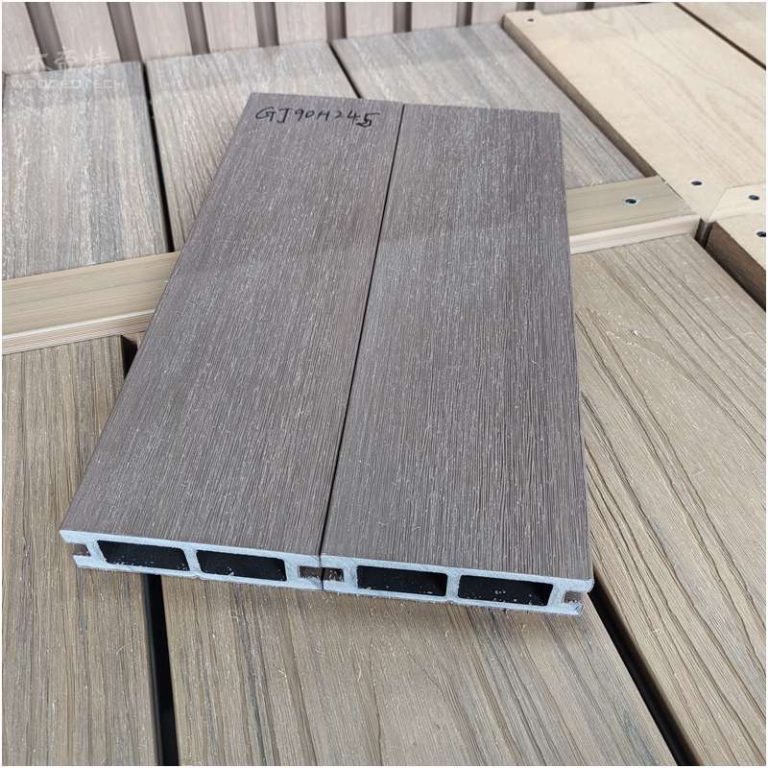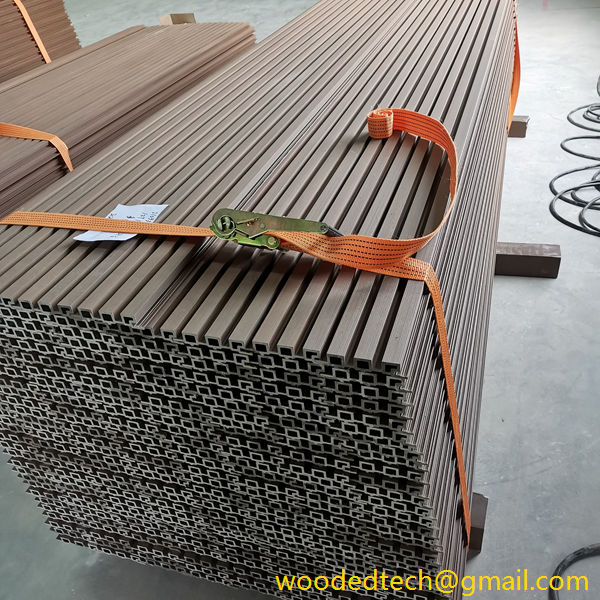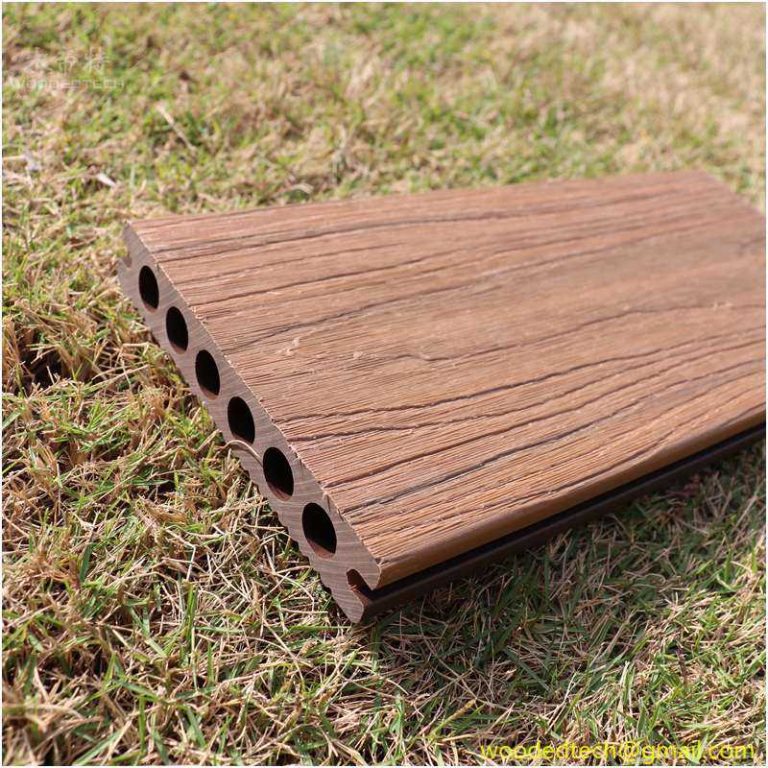Should You Stagger Composite Deck Boards: Tips on Whether to Stagger Composite Deck Boards
Should You Stagger Composite Deck Boards: Tips on Whether to Stagger Composite Deck Boards When it comes to building or renovating a deck, one of the most significant decisions homeowners face is the orientation and arrangement of the deck boards. Composite decking has gained immense popularity due to its durability, low maintenance, and aesthetic appeal….
Should You Stagger Composite Deck Boards: Tips on Whether to Stagger Composite Deck Boards
When it comes to building or renovating a deck, one of the most significant decisions homeowners face is the orientation and arrangement of the deck boards. Composite decking has gained immense popularity due to its durability, low maintenance, and aesthetic appeal. But as with any material, the way you install it can greatly affect the final appearance and longevity of your deck. One common question that arises during the installation process is whether to stagger composite deck boards. This article aims to provide insights on this topic, discussing the benefits and considerations of staggering boards, as well as offering tips for the best results.
Staggering composite deck boards refers to the practice of offsetting the seams of boards from one row to the next. This technique is often employed in various flooring applications, including hardwood and laminate, and can also be applied to composite decking. The primary purpose of staggering is to create a more visually appealing look while also enhancing the structural integrity of the deck.
One of the most significant benefits of staggering composite deck boards is the visual appeal it can create. A staggered pattern breaks up the monotony of uniform seams, providing a more dynamic and interesting aesthetic. When viewed from a distance, a staggered pattern can make the deck appear more expansive and thoughtfully designed. This is particularly valuable for larger decks where long, continuous lines of boards can lead to a somewhat bland appearance. By staggering the boards, homeowners can enhance the overall design and make their outdoor space feel more inviting.
Additionally, staggering the seams can contribute to the structural integrity of the deck. When the seams of deck boards line up perfectly across rows, there is a higher likelihood of stress concentration at those points. This can lead to potential weaknesses over time, especially in areas with significant foot traffic or varying weather conditions. By staggering the boards, the weight and stress are distributed more evenly across the surface. This not only contributes to the durability of the deck but can also help prevent issues such as warping or buckling in the long run.
Another important factor to consider when deciding whether to stagger composite deck boards is the type of composite material being used. Different manufacturers may have unique recommendations regarding installation practices. Some composite boards are designed with tongue-and-groove systems that can make staggering more complicated. In such cases, it’s crucial to follow the manufacturer’s guidelines to ensure that the installation does not compromise the integrity or warranty of the product. Before proceeding with installation, it’s wise to consult the product specifications or seek advice from a professional if you have any doubts.
Moreover, staggering deck boards can also have practical advantages beyond aesthetics and structural integrity. For instance, when you stagger the boards, it can help hide any imperfections or inconsistencies that may be present in the boards themselves. Composite materials can sometimes have variations in color or texture, and staggering can help to mask these differences. This can be especially advantageous if you are working with different batches of materials or if the boards have been exposed to varying levels of sunlight, which can cause fading over time.
On the other hand, there are certain considerations to keep in mind when deciding to stagger composite deck boards. One of the primary concerns is the increased complexity during installation. Staggering requires careful planning and measuring to ensure that the lengths of the boards align appropriately. This can lead to increased labor time and potentially higher installation costs, especially if you are hiring a professional. If you are a DIY enthusiast, it’s essential to be prepared for the additional effort required to achieve a staggered layout.
Another consideration is the potential for waste. When staggering boards, you may find that you have leftover pieces that are not long enough to use in the next row. This can lead to increased material costs as you may need to purchase additional boards to complete the project. It’s essential to factor this into your overall budget when deciding on the staggering method.
To achieve the best results when staggering composite deck boards, consider the following tips. First, plan your layout before cutting any boards. Sketch out your design to visualize how the staggered pattern will look. This will help you determine how long each board should be and where the seams will fall. Second, measure twice and cut once. Accurate measurements are critical in ensuring that the staggered pattern looks seamless and intentional. Finally, take your time during installation. Rushing through the process can lead to mistakes that could compromise the appearance and integrity of your deck.
In conclusion, whether or not to stagger composite deck boards is a decision that depends on various factors, including aesthetic preferences, structural considerations, and practical aspects of installation. Staggering can enhance the visual appeal and durability of your deck while also helping to conceal imperfections. However, it may require more effort and planning during installation. By carefully weighing these factors and following best practices, you can create a stunning and long-lasting outdoor space that enhances your home and provides enjoyment for years to come.

